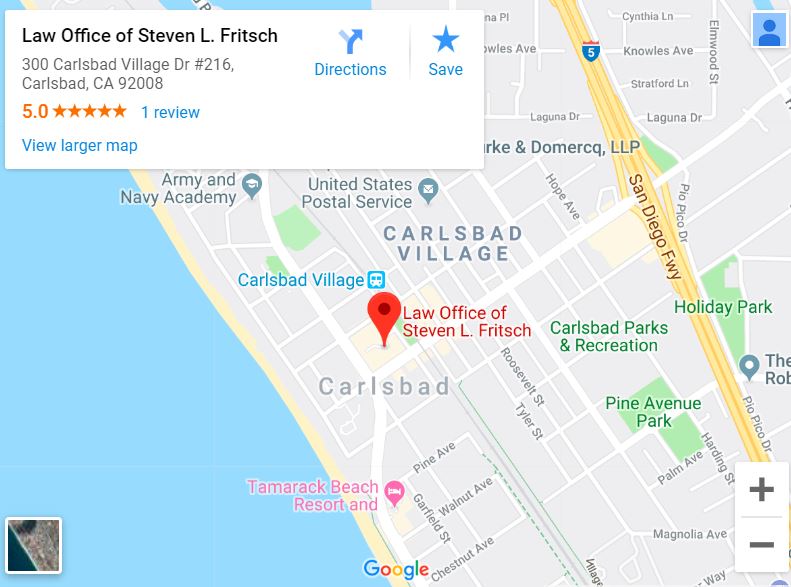Two of the most frequently asked questions are when is the earliest the parties can get divorced in California and how long will the divorce process take? The answers to these questions are affected by various factors which are discussed below.
6-Month Rule:
The earliest a person can get divorced in California is six (6) months from the date the court acquires jurisdiction over the respondent (the other spouse). The court acquires jurisdiction over the respondent when the spouse is served with process or files a response. What this means is when the spouse is correctly served with the divorce documents, the 6 months starts ticking. Therefore, if a husband or wife wants to be divorced as soon as possible after he or she files, it is absolutely necessary to get the spouse served as early as possible. Obviously, if service is delayed for any reason, the time to get a divorce judgment will also be delayed.
It should also be noted that the 6 month rule is jurisdiction and cannot be shortened for any reason whatsoever. No matter what the circumstance is or how sad the story is, the 6 month requirement cannot be shortened. This means that if you have a judgment for legal separation and you want to marry another person you must file for divorce and wait the 6 month minimum. There is no motion you can file nor any story that can be told to the judge that can modify this rule.
How Long Will the Divorce Process Take?
Although parties are able to be divorced in 6 months after service of process does not mean that it will happen in that time. How long will the divorce process take is probably the most frequently asked question. Unfortunately, the answer to this question is simply “it depends.” There are numerous factors that dictate how long the divorce takes. Probably the most crucial factors in dictating how long the process will take is (1) how much the parties can agree on issues and (2) how much assistance of the court is needed, i.e., do the parties have to go to court a lot.
Obviously, the more issues the parties can agree on the quicker a judgment can be obtained. If the parties cannot agree on much and file numerous motions and end up having a trial, it will take a lot longer to get to the end. The courts are impacted and busy and the ability to get court dates are a premium. It is not uncommon for a trial or evidentiary hearing to be set out four to six months because there are no open dates. Also, if discovery is required because a party needs to seek information or documents from another party, will surely extend the length of the divorce process. Therefore, the more issues that can be resolved without litigation, the shorter the process will be.
DISCLAIMER: The above article is for informational and educational use only and is not intended to be legal advice in any way. If legal advice is needed, one should contact an attorney directly.
